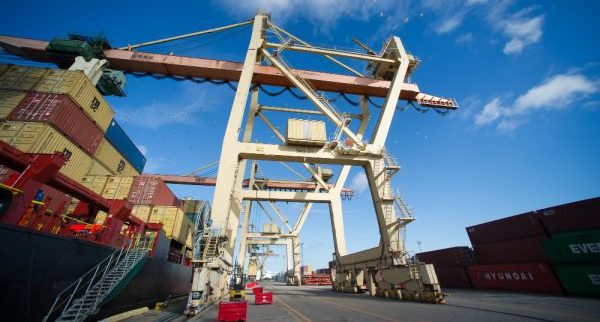The Port of Riga in Latvia announced it is working on 5G solution tests with LMT – a drone with artificial intelligence to determine pollution. The project uses a nascent drone traffic management platform being developed by LMT and Lufthansa Systems.
5G is currently the latest generation of mobile communications solutions, providing a wireless internet experience equivalent to optical internet.
This makes it ideal for use in ports, with their relatively compact territory but simultaneously complex infrastructure and intensive logistics.
Together with its partner LMT, Riga also has the ambitious goal of maintaining a position among the leaders in this field.
…the port said in an official statement.
5G will be able to serve the rapidly growing number of Internet of Things sensors, making it possible for up to 100 times more connections to operate simultaneously in one place than was possible with previous mobile communications generations.
In developing 5G technology, the stability and security of data transmission has also been improved, so that mobile internet can be more widely used in industries, where the continual operation of service is of decisive importance.
One of the biggest 5G projects in the world is currently taking place in the Port of Hamburg, where in collaboration with Nokia and Deutsche Telecom, several scenarios are being tested in regard to how to use the new capabilities of 5G technology.
By 2025, the Port of Hamburg plans to use more than 100,000 mutually connected Internet of Things sensors. This would not be possible using a fixed network.
5G Internet of Things hardware makes it possible to support the operation of tens of thousands of devices, to ensure their battery life for over 10 years and transmit and analyse the resultant data efficiently.
In June, Singapore’s PSA International selected Signtel and M1 to conduct 5G trials, in a move designed to grow the performance and capability of maritime operations through smart technology in a live environment.






























































